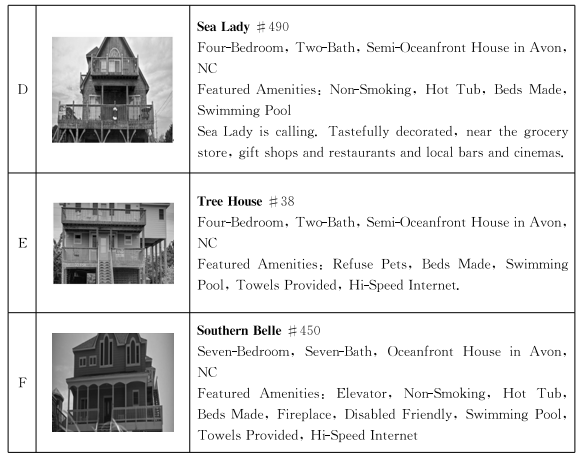
科目: 來源:不詳 題型:單選題
| A.contribute to | B.respond to | C.belong to | D.a(chǎn)ppeal to |
查看答案和解析>>
科目: 來源:不詳 題型:單選題
| A.brought up | B.put up | C.set up | D.picked up |
查看答案和解析>>
科目: 來源:不詳 題型:完形填空
查看答案和解析>>
科目: 來源:不詳 題型:完形填空
查看答案和解析>>
科目: 來源:不詳 題型:閱讀理解


查看答案和解析>>
科目: 來源:不詳 題型:單選題
| A.So good use does he make of | B.Such good use does he make of |
| C.He makes very good use of | D.He makes so good use of |
查看答案和解析>>
科目: 來源:不詳 題型:單選題
| A.burdened | B.resembled | C.strengthened | D.worsened |
查看答案和解析>>
科目: 來源:不詳 題型:單選題
| A.make up | B.take up | C.work out | D.carry out |
查看答案和解析>>
科目: 來源:不詳 題型:完形填空
| A.Start simply. |
| B.Break it into small pieces. |
| C.Draw a rough layout on a sheet of paper. |
| D.Many websites are considered very interesting. |
查看答案和解析>>
科目: 來源:不詳 題型:改錯題
查看答案和解析>>
湖北省互聯(lián)網(wǎng)違法和不良信息舉報(bào)平臺 | 網(wǎng)上有害信息舉報(bào)專區(qū) | 電信詐騙舉報(bào)專區(qū) | 涉歷史虛無主義有害信息舉報(bào)專區(qū) | 涉企侵權(quán)舉報(bào)專區(qū)
違法和不良信息舉報(bào)電話:027-86699610 舉報(bào)郵箱:58377363@163.com